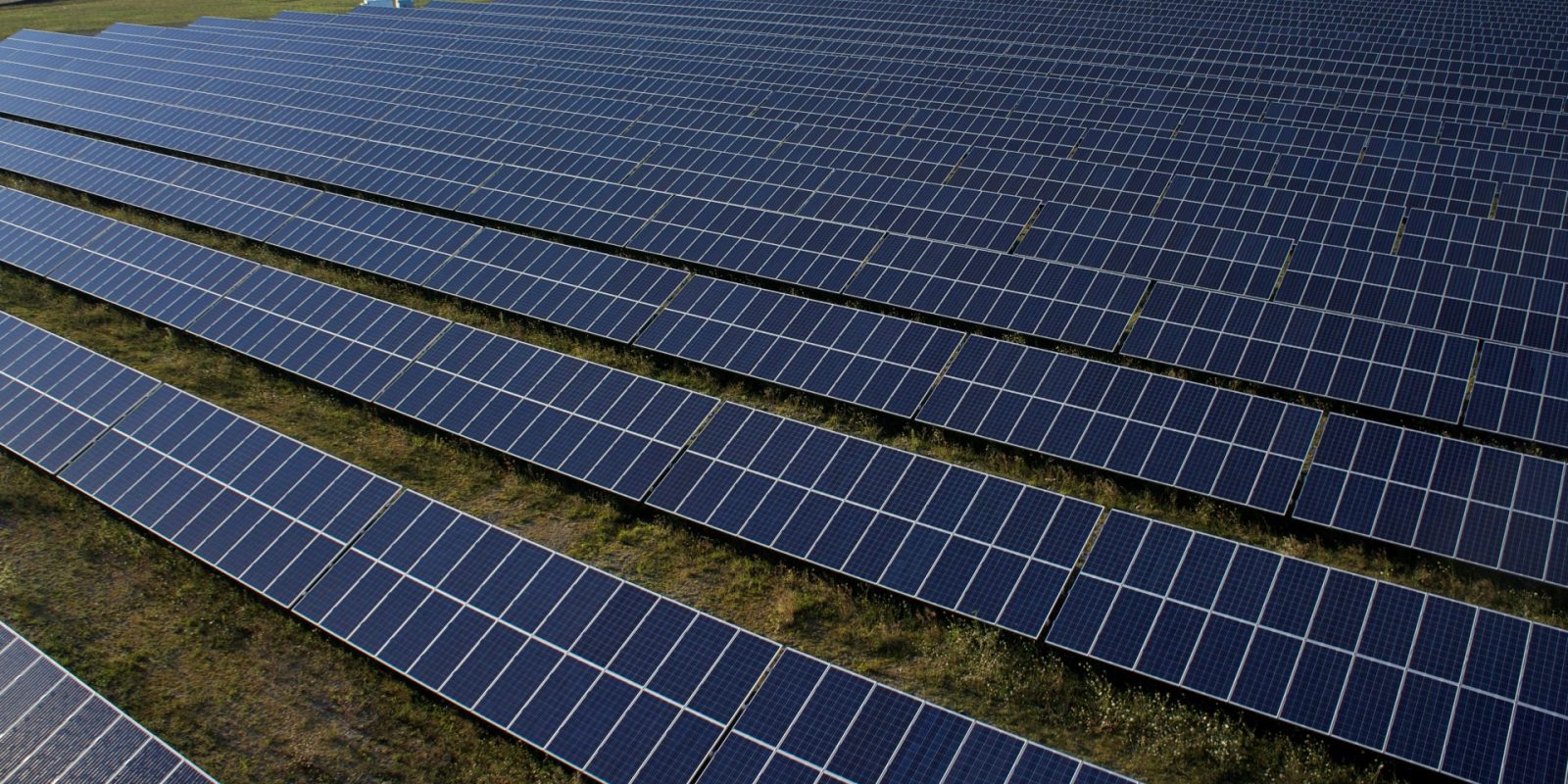
Wind, solar, and nuclear generated up to 55% of total power in Texas in the record-breaking end-of-June heat – keeping the natural gas share below 50%.
Natural gas has ordinarily been the most common source of electricity generation in Texas, but wind, solar, and, to a lesser degree, nuclear are playing a major role in keeping the power on in the extreme heat, reports the US Energy Information Administration (EIA).
The fuel mix in Texas has rapidly changed – Texas is No. 1 in the US for having the most wind and solar capacity. More than 4 gigawatts (GW) of wind and solar were added in the Lone Star State between September 2022 and May 2023. Texas’s population is growing, so increased electricity demand raised concerns about whether or not dispatchable generation could meet electric demand during heat waves.
Texas grid operator ERCOT’s record for hourly demand was 79,830 megawatt-hours (MWh) on July 20, 2022. That record was broken between June 26 and 29 this year, and the highest demand hour for each of those days was more than 80,000 MWh.
Wind, solar, and nuclear contributed as much as 55% of total generation on June 28 and 29, and between 43–47% in the evening peak load hours of 4-8 pm – enough to keep the natural gas share below 50% of the fuel mix during those hours.
In prior periods of high demand, such as in August 2019 and August 2022, reports the EIA, non-fossil fuel resources never reached more than 50% of total generation in ERCOT.
On days when wind generation continued to be high through the afternoon – when demand for cooling is still high but solar generation drops off – electricity prices were elevated but were much lower than the $500 per MWh and above levels in the August 2019 and August 2022 heat waves.
Top comment by Anthony
I presume all of the above figures don’t include rooftop solar? What kind of penetration as rooftop solar made in Texas in the last 18 months since the big freeze?
In August 2019, for example, day-ahead wholesale electricity prices in ERCOT’s Houston zone averaged $172 per MWh from 6-9 p.m. CT for the entire month, and $112 per MWh in August 2022. In comparison, average prices during daylight hours for the recent heat wave were $79 per MWh, much closer to the average July price of $64 per MWh in Houston for 2019 to 2022, when demand was elevated but below record highs. This year’s record-breaking demand in June and July surpassed peak loads from prior Augusts – a month that tends to be hotter than June or July.
Read more: Texas solar and wind are setting records, and the state’s grid can’t handle it
If you’re considering going solar, it’s always a good idea to get quotes from a few installers. To make sure you find a trusted, reliable solar installer near you that offers competitive pricing, check out EnergySage, a free service that makes it easy for you to go solar. It has hundreds of pre-vetted solar installers competing for your business, ensuring you get high-quality solutions and save 20-30% compared to going it alone. Plus, it’s free to use, and you won’t get sales calls until you select an installer and share your phone number with them.
Your personalized solar quotes are easy to compare online and you’ll get access to unbiased Energy Advisors to help you every step of the way. Get started here. –ad*
FTC: We use income earning auto affiliate links. More.






Comments